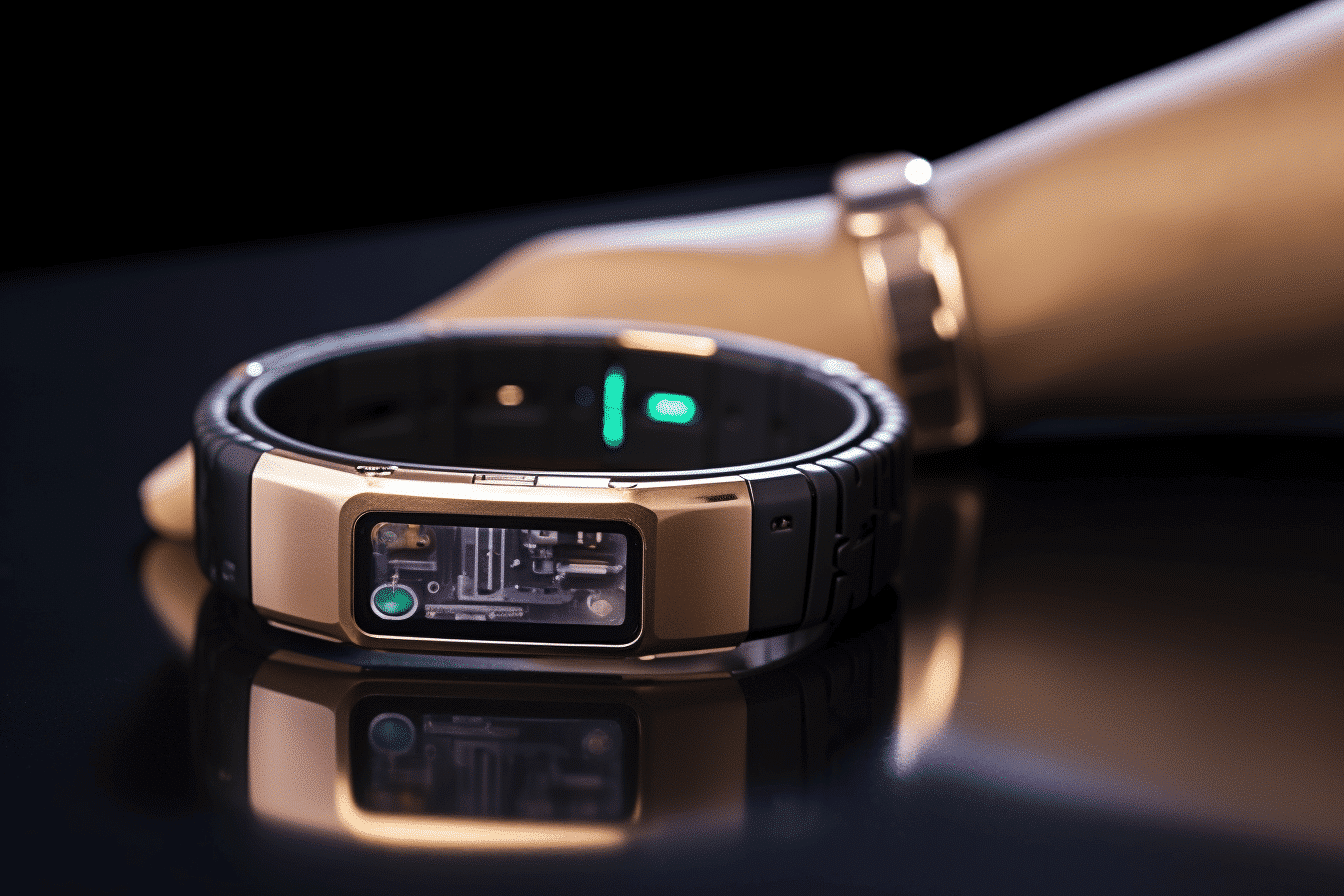Microsoft envisions a future where you carry AI everywhere you go.
Recently, Microsoft submitted a patent for what they termed an “AI-enhanced wearable.” The description outlines a wearable that’s “contextually aware,” capable of executing tasks or providing answers on the move. Imagine the fusion of a smart speaker and a backpack.
Here’s the breakdown: The backpack integrates sensors like cameras and microphones for actioning user requests. When a user gives a voice command related to their surroundings, the backpack harnesses its sensory data to act on that instruction. Activation might be as simple as pressing, holding, or double-clicking a button on its strap.
Microsoft paints a picture of this backpack’s practical uses — it could provide navigational assistance, schedule events, or compare in-store prices. Importantly, it would tap into personal data to make its responses as contextual as possible.
Microsoft critiques many existing digital assistants for their fixed nature. While they’re adept at managing home-based tasks like adjusting lights or temperature, their efficacy is often restricted to home settings.
In contrast, most portable digital assistants lack environmental awareness.
Microsoft’s patent portfolio is replete with AI-centric innovations, encompassing advertising technologies, digital assistants, and sophisticated machine learning methodologies. This is reflective of their expansive AI ambitions, evidenced by products like 365Copilot and Bing Chat, collaborations with OpenAI, and rumoured AI integrations in upcoming Windows versions.
An AI-driven backpack might sound eccentric, yet the patent hints at Microsoft’s intrigue with AI wearables. While the document specifics focus on backpack integration, the actual tech application could be broader. It’s noteworthy that Microsoft Research boasts a team dedicated to wearable tech, although their sole wearable so far is a smartwatch.
This might also signal Microsoft’s intent to stay ahead in the tech evolution curve. While current AI wearables predominantly revolve around smartwatches and AR glasses, Microsoft could be preparing for an unforeseen shift in trends.
Still, this patent accentuates the unpredictable nature of AI innovations. Most people aren’t versed in the intricacies of neural networks or AI processors. They’re more acquainted with quirky AI applications like AI versions of Spongebob crooning Billy Joel’s “Piano Man”, using ChatGPT for mixology suggestions, or, in this context, a chatty Microsoft backpack reminiscent of Dora the Explorer’s interactive backpack. Would consumers embrace a conversational backpack with surveillance capabilities? That remains a question.
This all underscores how AI has seamlessly permeated our lives, reminiscent of the internet’s initial surge, establishing its footprint in both mainstream and niche domains.
As technology relentlessly advances, the line between fiction and reality continues to blur. Microsoft’s proposed AI backpack is just one of many innovations that once belonged to the realm of imaginative cartoons and sci-fi movies. As AI continues to weave itself into the fabric of our daily lives, the challenge lies not just in creating advanced tech, but in ensuring it harmonizes with users’ needs, desires, and ethical considerations. The future might just be a world where we don’t just wear technology — we interact with it as an extension of ourselves.




